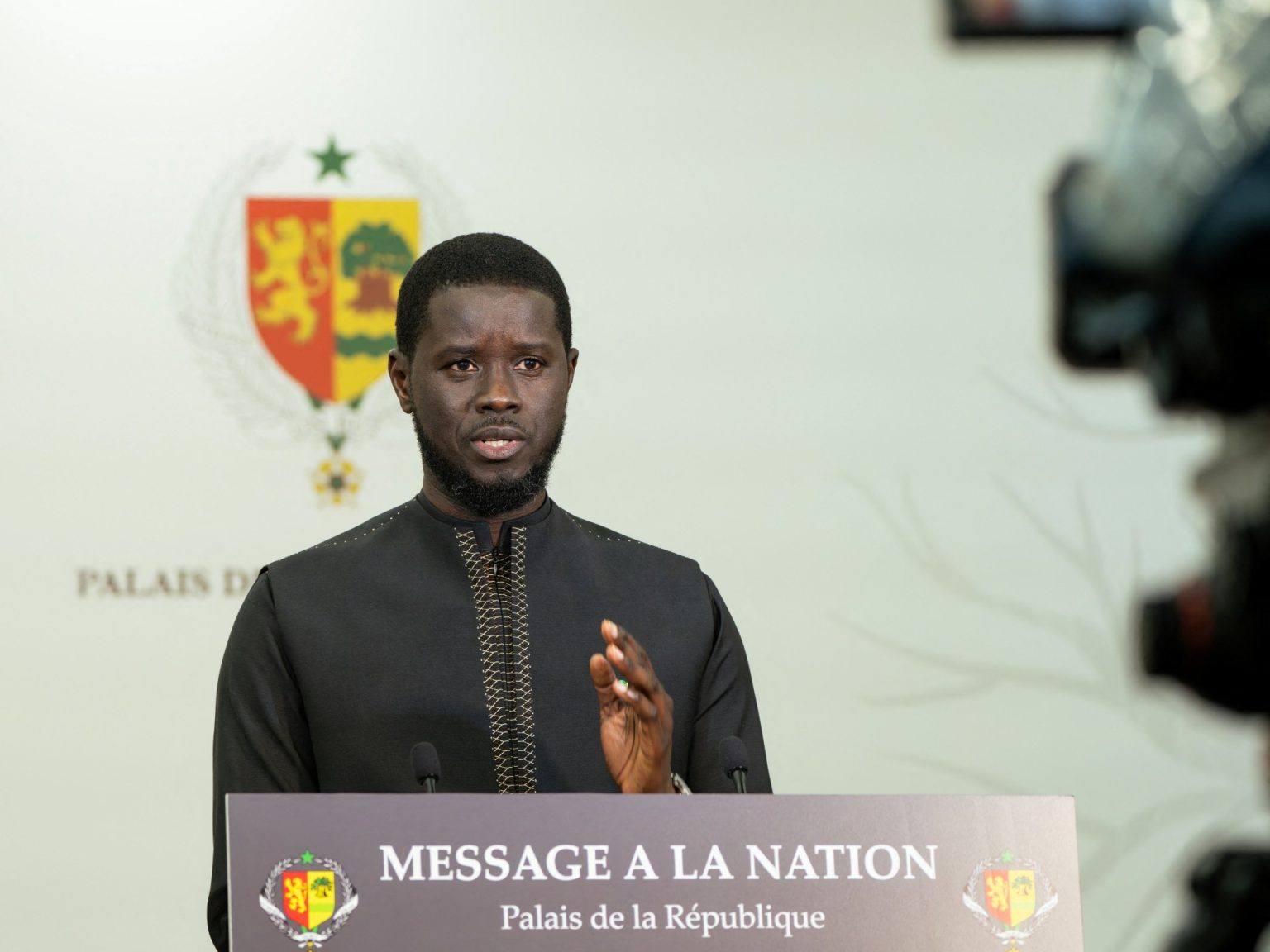President Bassirou Diomaye Faye of Senegal has dissolved the opposition-led parliament in order to hold snap elections following roadblocks to his reform efforts. The decision was made after members of the assembly refused to discuss the budget law and rejected efforts to dissolve inefficient state institutions. Faye cited the need for institutional means to bring about the systemic transformation he had promised to deliver when he was voted in on an anti-establishment platform. The elections are scheduled for November 17, with Faye’s party, PASTEF, expected to have a high chance of securing a majority given the president’s popularity and victory margin in the March presidential election.
Faye, who won the March election with 54 percent of votes, has faced opposition from the Benno Bokk Yaakar platform led by former President Macky Sall, who condemned the dissolution of the parliament. The opposition accused Faye of convening a legislative session under false pretenses and labeled him as committing perjury. Faye, 44, became Africa’s youngest elected leader less than two weeks after being released from prison, reflecting the frustration among Senegal’s youth with the country’s direction and leaders accused of clinging to power.
The president had promised comprehensive reforms during his campaign to improve living standards in Senegal, including fighting corruption, reviewing fishing permits for foreign companies, and ensuring a greater share of the country’s natural resources for the population. However, six months into his term, these pledges have not yet been realized, with Faye and Prime Minister Ousmane Sonko, a popular opposition figure, blaming the parliament for the delays. PASTEF does not hold a majority in the assembly, which has hindered Faye from implementing the promised reforms.
In June, the opposition coalition disrupted a budgetary debate over Sonko’s refusal to issue his government’s policy roadmap, setting the stage for further disagreements with the president. The assembly has until the end of December to vote on the budget for the following year, but new legislative elections might complicate efforts to meet this deadline. Faye’s move to dissolve the parliament and call for snap elections reflects the challenges faced in implementing reforms in Senegal and the political tensions that have arisen between the ruling party and the opposition.
Faye’s decision to dissolve the parliament and call for snap elections has sparked debate and condemnation from the opposition, who accuse the president of undermining democratic processes. The dissolution of the assembly, which was led by the opposition, raises concerns about the consolidation of power in the hands of Faye’s party, PASTEF. The upcoming elections will be a critical moment for Senegal’s political landscape and will test the strength of Faye’s leadership and his ability to deliver on his promises of systemic transformation and reform.
The focus on improving the living standards of common Senegalese and addressing issues of corruption and resource management remains central to the political discourse in the country. The dissatisfaction with the direction of the country and the desire for change among the youth highlight the need for effective governance and transparent decision-making. As Senegal prepares for snap elections and a new phase of political leadership, the challenges of balancing power dynamics, implementing reforms, and meeting the expectations of the population will continue to shape the country’s political landscape in the coming months.













